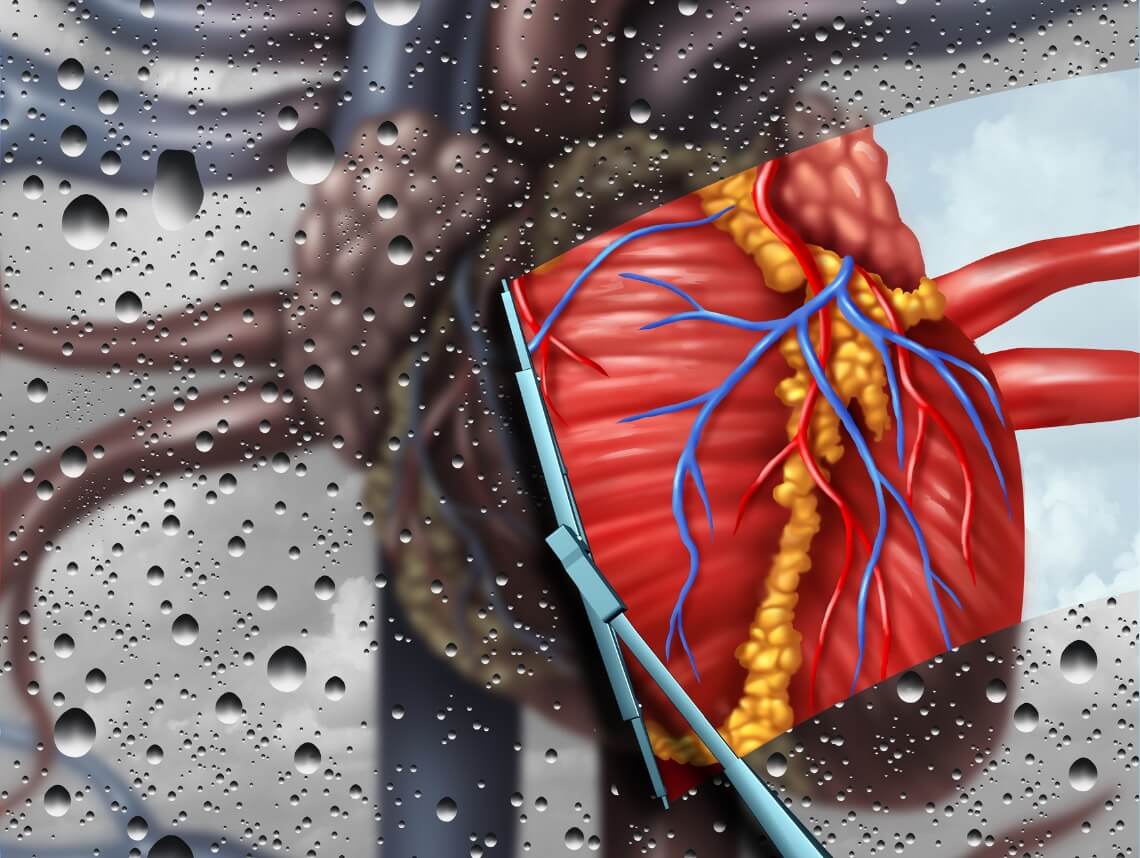Double-inlet left ventricle (DILV) is a congenital heart defect where both the right and left atria (upper heart chambers) connect to a single functional ventricle. In a healthy heart, the right atrium receives oxygen-poor blood from the body, while the left atrium receives oxygen-rich blood from the lungs. These atria connect to separate ventricles (lower heart chambers). In children with DILV, their right atrium and left atrium are both connected to the same single ventricle, resulting in abnormal blood circulation pattern.
This condition requires careful management and treatment to ensure the best outcomes for affected children. This blog aims to provide a comprehensive understanding of DILV, including symptoms, causes, diagnosis, treatment options, and essential care guidelines.
Causes of Double-Inlet Left Ventricle
The exact causes of DILV are not yet fully understood. However, it is believed to develop during fetal development, possibly due to a combination of genetic and environmental factors. Certain genetic conditions, such as Down syndrome, have been associated with an increased risk of DILV. It is essential to remember that parents are not responsible for causing this condition in their children.
Symptoms of Double-Inlet Left Ventricle
The symptoms of DILV can vary depending on the severity of the condition and the associated heart defects. Common symptoms may include:
- Cyanosis, a bluish discoloration of the skin
- Rapid breathing and shortness of breath
- Poor feeding and slow weight gain
- Fatigue and weakness
- Sweating
- Heart murmur
Diagnosis of Double-Inlet Left Ventricle
If DILV is suspected in a child, a comprehensive diagnostic evaluation is necessary to confirm the condition. The following tests may be conducted:
- Physical examination
- Echocardiography
- Cardiac catheterization
- Magnetic resonance imaging (MRI)
Treatment and Care for Double-Inlet Left Ventricle
The treatment approach for DILV depends on the specific anatomical variations, associated heart defects, and the child’s overall health. Treatment options may include:
- Medications: Medications may be prescribed to help manage symptoms and improve heart function. These may include diuretics to reduce fluid buildup, medications to support heart contraction, and drugs to control irregular heart rhythms.
- Surgery: Surgical intervention is often required to correct the defects associated with DILV. The specific surgical procedures will depend on the individual case and may involve staged surgeries, such as the Fontan procedure or the Norwood procedure, to optimize blood flow and improve heart function.
- Cardiac catheterization interventions: In some cases, minimally invasive procedures can be performed to close or repair specific defects using catheters inserted through blood vessels.
- Follow-up care: Regular follow-up appointments with a pediatric cardiologist are crucial to monitor the child’s progress, evaluate the effectiveness of treatments, and address any potential complications. Additional specialized care may be needed as the child grows.
Caring for a Child With Double-Inlet Left Ventricle
Caring for a child with DILV involves various aspects to ensure their well-being and quality of life:
- Emotional support
- Medication management
- Feeding and nutrition
- Physical activity tailored to ability
- Regular check-ups
- Education and advocacy
Double-inlet left ventricle (DILV) is a complex congenital heart defect that requires specialized care and treatment. By understanding the causes, recognizing the symptoms, and seeking early diagnosis, parents can ensure that their child receives the appropriate medical interventions and ongoing care. Collaborating closely with healthcare professionals and providing emotional support can improve the child’s overall well-being and enhance their quality of life. Remember, you are not alone in this journey, and resources are available to support you and your child through the challenges of managing DILV.
Contact Care Options for Kids for Home Health Care in Florida
It can be hard to balance your time between work, home, and caring for a child. That’s why our team of skilled professionals at Care Options for Kids is here to help.
Our home health care services offer one-on-one care in the comfort of your home. We refer loving and competent nurses to provide customized care for families — from a few hours a day to around-the-clock supervision. Contact us directly to speak with a home health care professional or request a free Pediatric Consultation. Together we can determine the best plan of action to keep your loved ones happy and healthy.
If you or a loved one are considering Pediatric Home Health Care Services in Florida, contact the caring staff at Care Options for Kids. Call today at (888) 592-5855.






